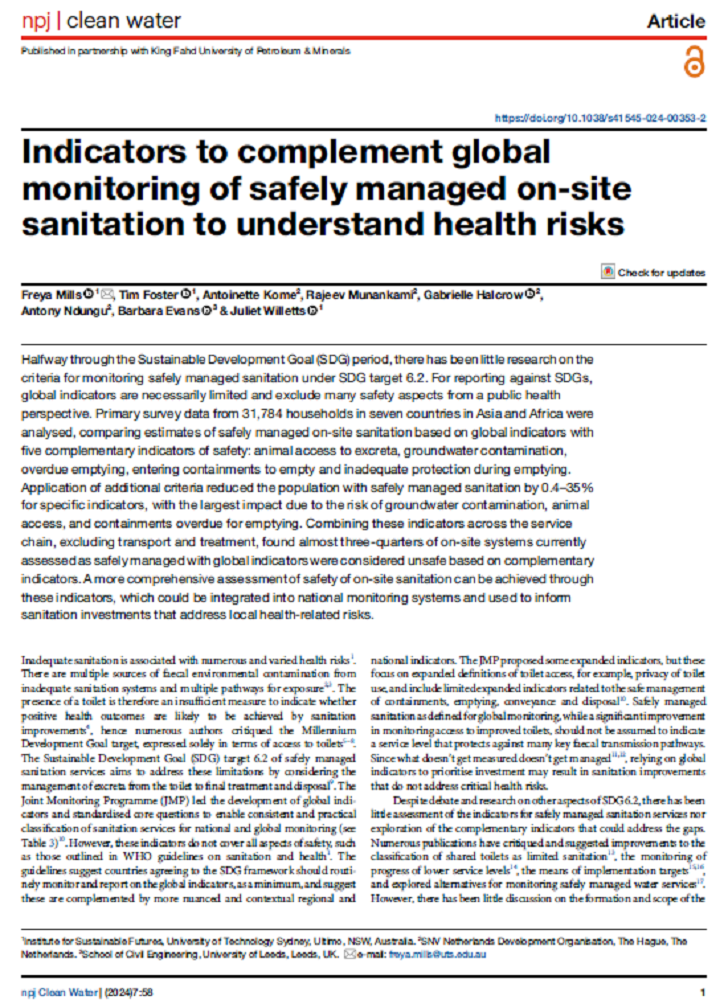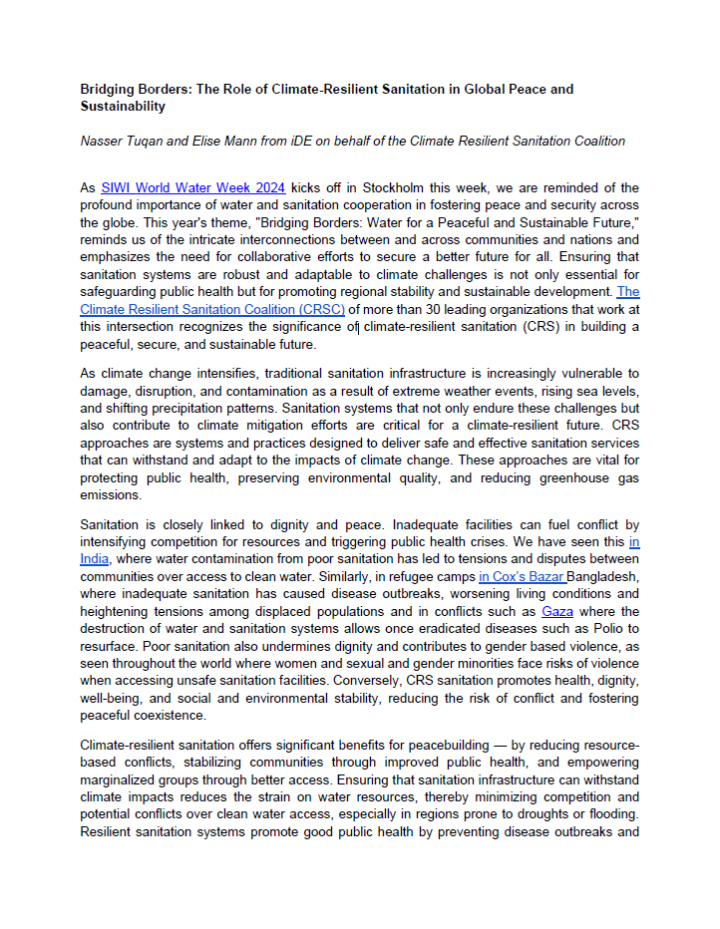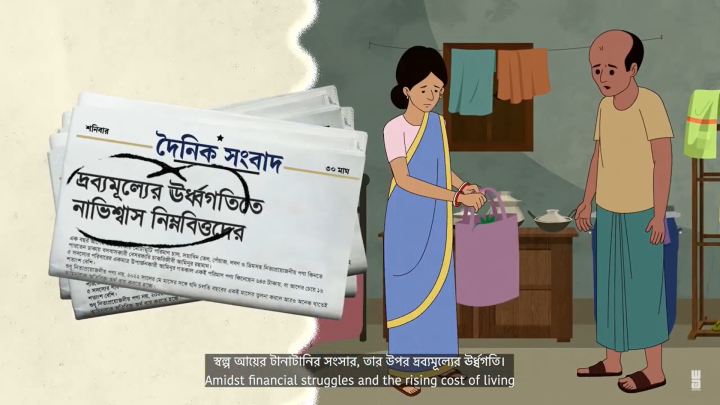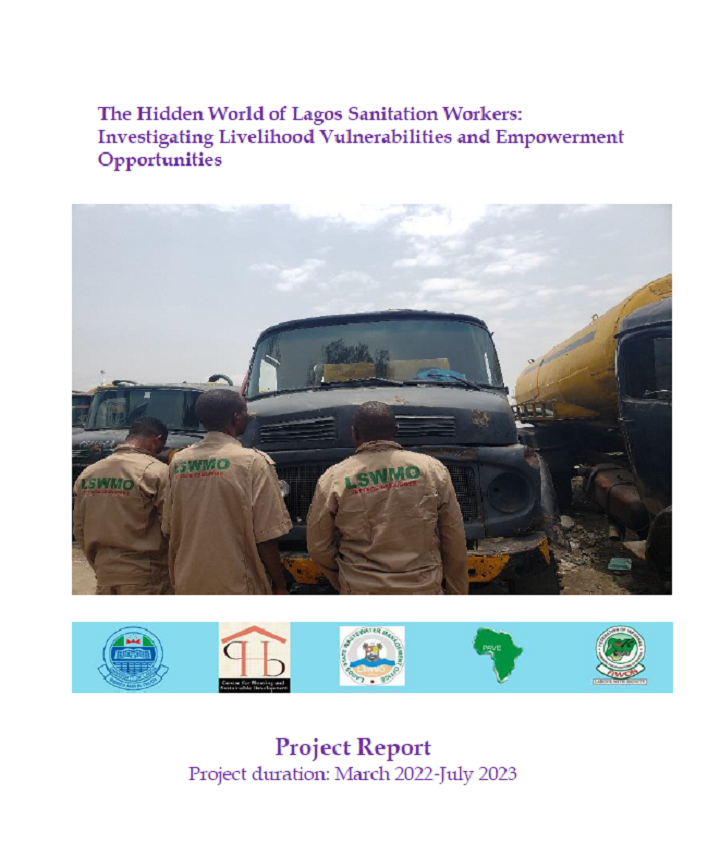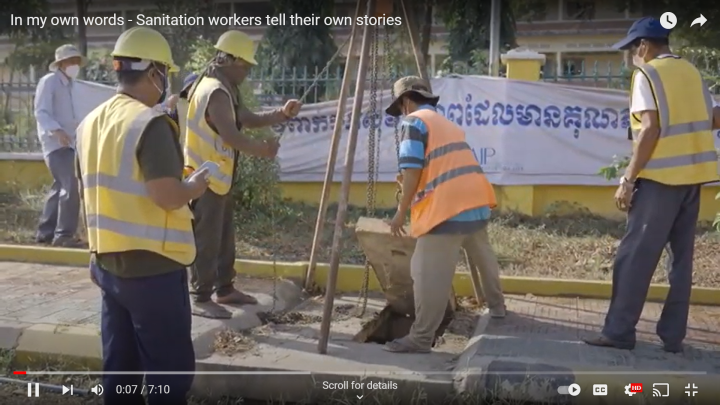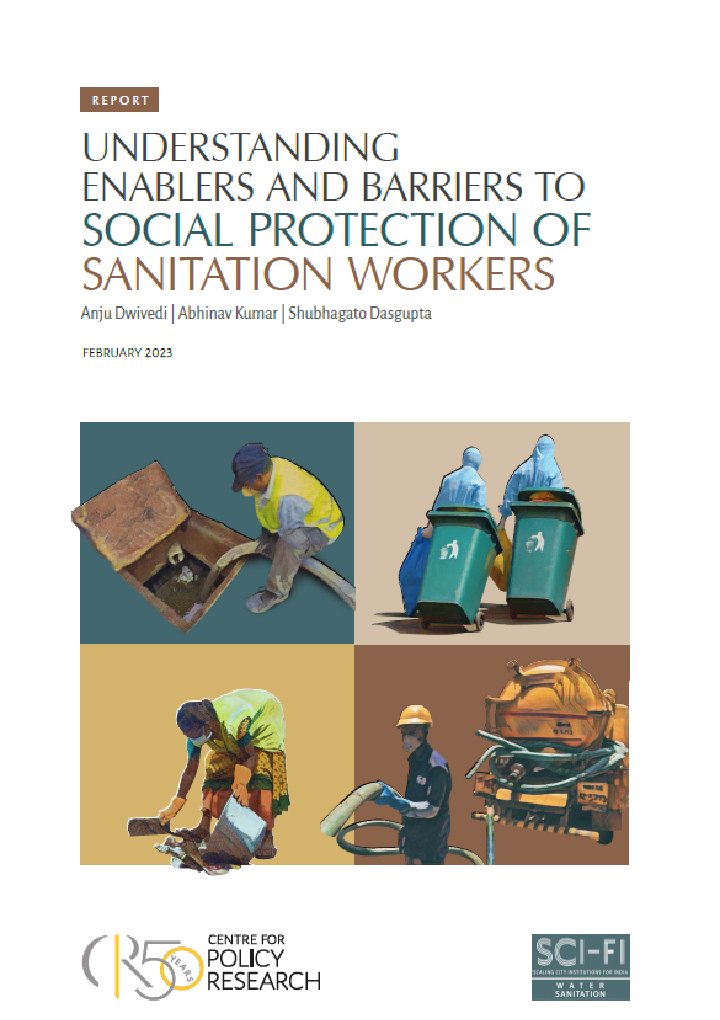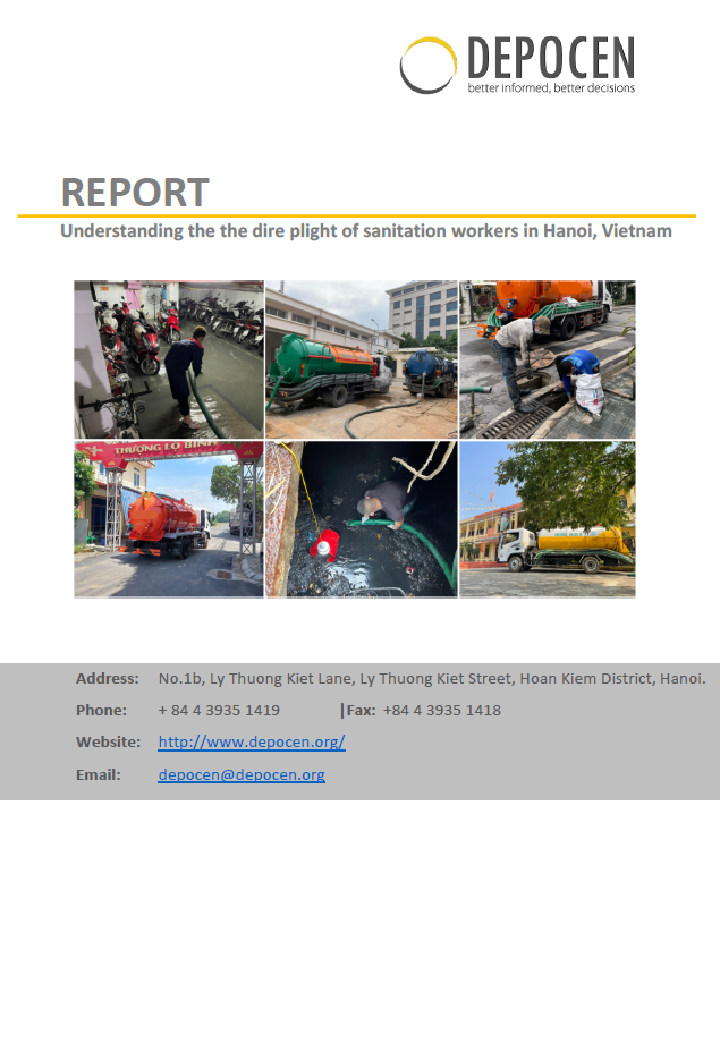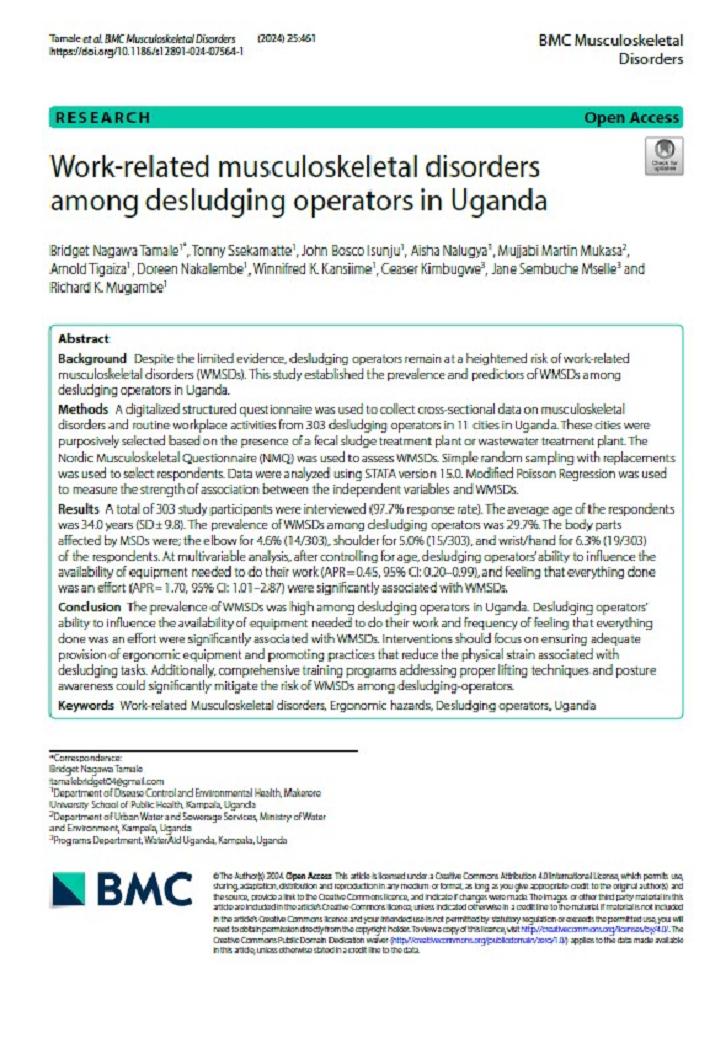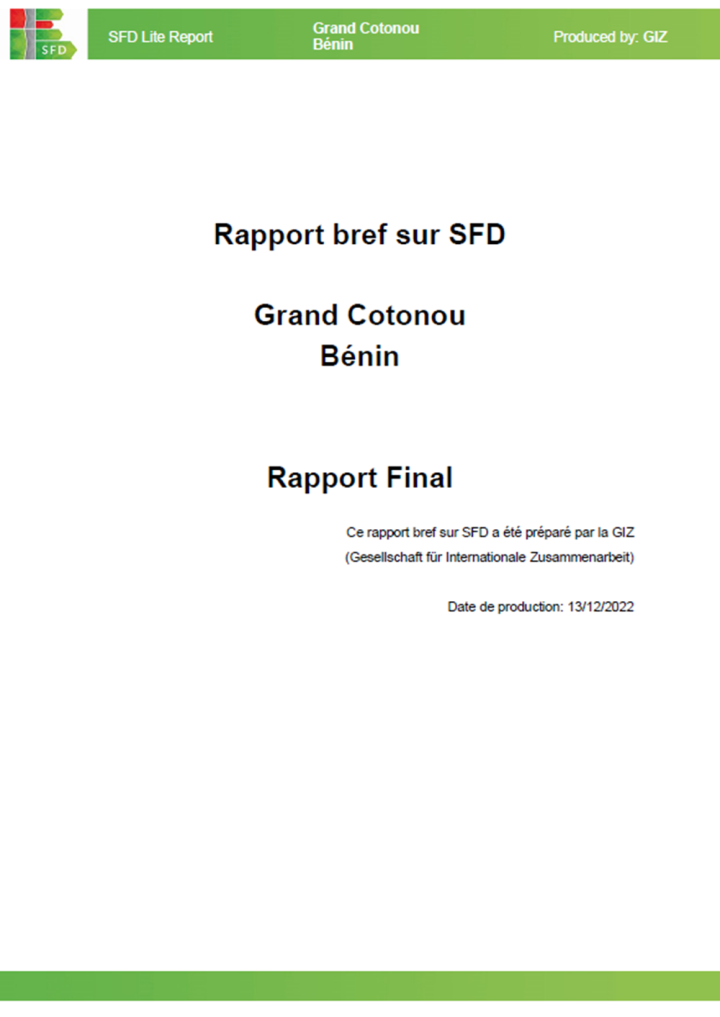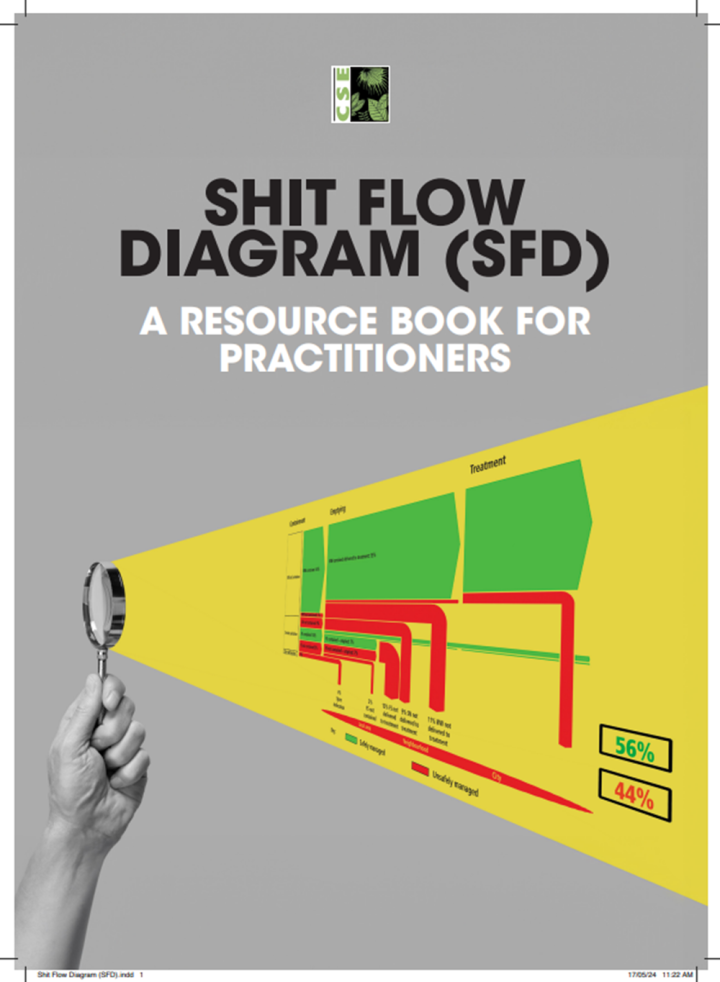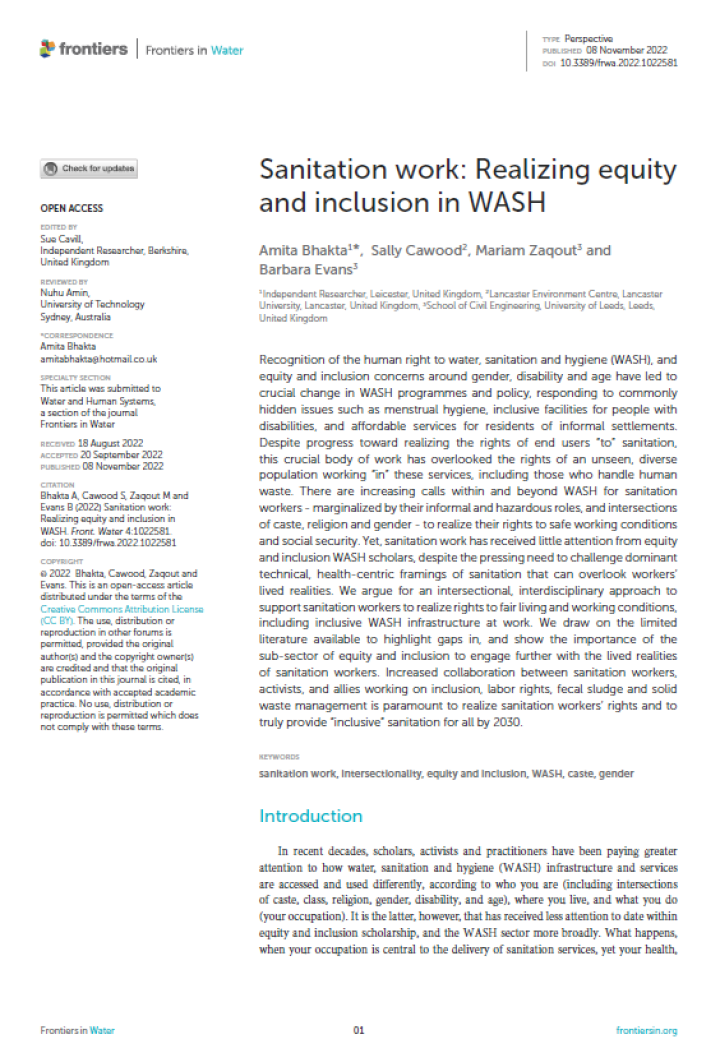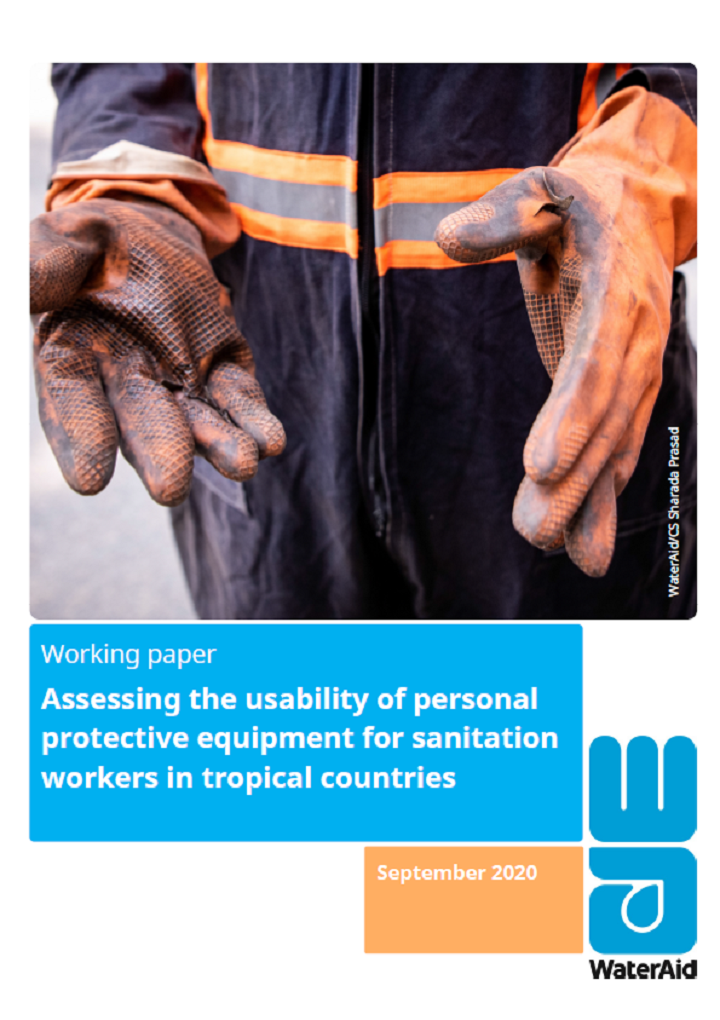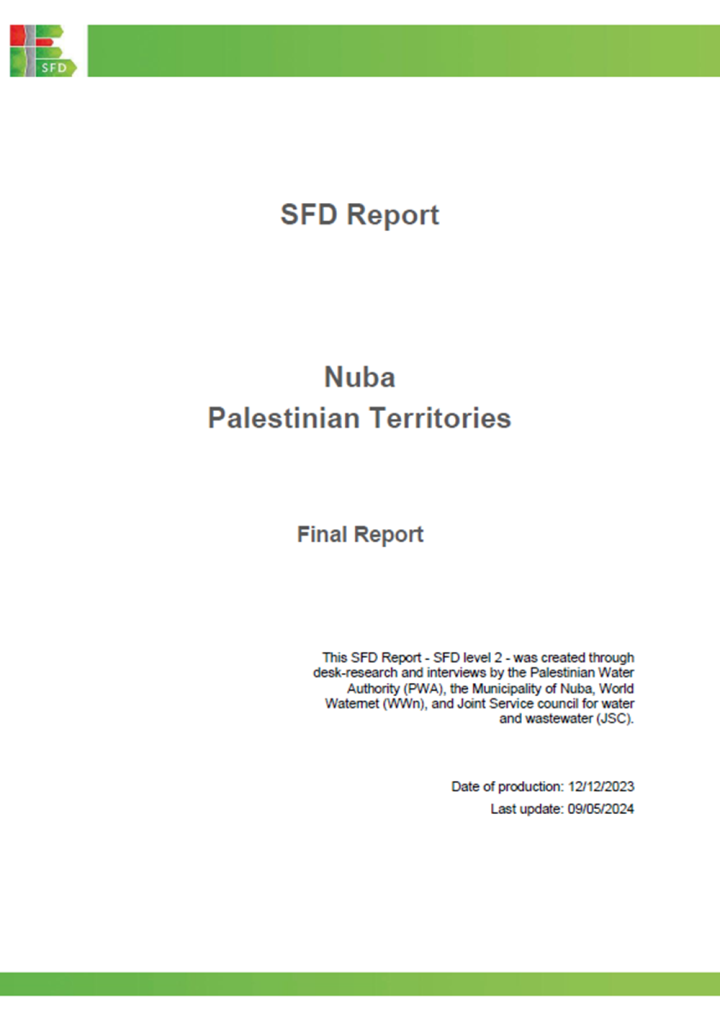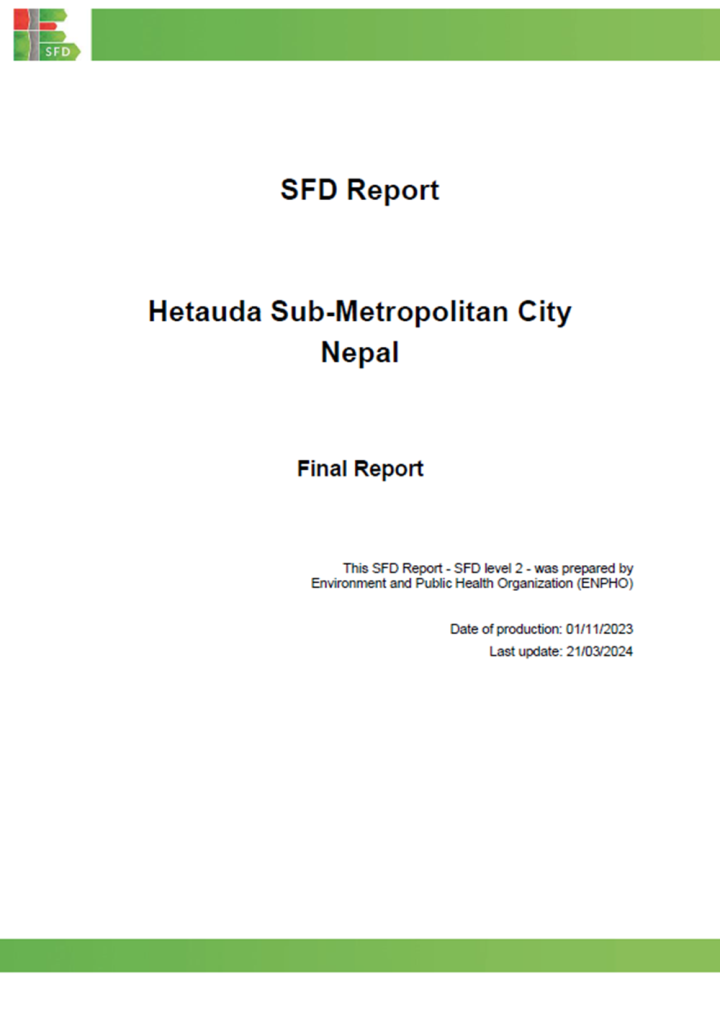Freya Mills, Tim Foster, Antoinette Kome, Rajeev Munankami, Gabrielle Halcrow, Antony Ndungu, Barbara Evans & Juliet Willetts (2024) Indicators to complement global monitoring of safely managed on-site sanitation to understand health risks
This document highlights significant occupational health and safety risks for sanitation workers during the emptying of on-site sanitation systems. A major concern is the direct exposure to health risks, as many workers enter containments like pits and septic tanks, with only 8% of systems emptied without such entry. Risks are higher in rural areas, where self-emptying is more common, and in urban settings where sanitation […]
Nasser Tuqan and Elise Mann on behalf of the Climate Resilient Sanitation Coalition (CRSC) (2024) Bridging Borders: The Role of Climate-Resilient Sanitation in Global Peace and Sustainability CRSC Article - SIWI World Water Week 2024
As SIWI World Water Week 2024 kicks off in Stockholm this week, we are reminded of the profound importance of water and sanitation cooperation in fostering peace and security across the globe. This year's theme, "Bridging Borders: Water for a Peaceful and Sustainable Future," reminds us of the intricate interconnections between and across communities and nations and emphasizes the need for collaborative efforts to secure […]
(2024) Introducing 'Shasthya Nirapotta Scheme'
WaterAid in collaboration with Waadaa.Insure and Chartered Life, introduced Shasthya Nirapotta Scheme (SNS), a health protection scheme for low-income people specially the sanitation workers to ease their struggles and triumphs. This health protection initiative is designed to improve healthcare access and provide financial support in the event of the premium holder's death. This innovative scheme is also graciously supported by Government of Sweden, and Bill and […]
Taibat Lawanson, Basirat Oyalowo and Anthony Akpan (2024) The Hidden World of Lagos Sanitation Workers: Investigating Livelihood Vulnerabilities and Empowerment Opportunities
This publication explores the critical yet underappreciated role of sanitation workers in Lagos, focusing on their contributions to urban management and public health, especially in the wake of COVID-19. The study investigates the socio-economic conditions, challenges, and innovative practices of these workers, highlighting their essential role in waste management and the need for better recognition and support. By aligning with SDG 6 (Clean Water and […]
WaterAid Cambodia (2022) In my own words - Sanitation workers tell their own stories
Though a lot of efforts and supports have been provided to sanitation workers, still their nature of works are critical and dangerous to their health and hygiene, and most of the time lack of respect, support and collaboration from local people. Sanitation workers of in Battambang city have full right like other citizens. They are key workers that shall be treated with respect, recognition, appreciation […]
Anju Dwivedi, Abhinav Kumar, Shubhagato Dasgupta (2023) Understanding Enablers and Barriers for Social Protection of Sanitation Workers in Dhenkanal Odisha, India
In the past decade, India's Swachh Bharat Mission has significantly improved sanitation infrastructure, including toilets and treatment plants. However, sanitation workers, essential to maintaining safe sanitation, face hazardous conditions, discrimination, long hours, and low social status. To address these issues, the Government of India and state governments have launched various social protection programs. This study explores the challenges and enablers in accessing these benefits for […]
DEPOCEN (2024) Understanding the the dire plight of sanitation workers in Hanoi, Vietnam
The rapid urban development in Hanoi has exposed weaknesses in the city's sanitation infrastructure, straining the waste management system and increasing pressures on sanitation workers who already face hazardous conditions, financial insecurity, and societal discrimination. The study found that urban workers face more health hazards, while rural workers suffer greater job and financial insecurities. Both groups experience significant societal discrimination. Although basic worker rights like […]
Bridget Nagawa Tamale, Tonny Ssekamatte, John Bosco Isunju, Aisha Nalugya, Mujjabi Martin Mukasa, Arnold Tigaiza, Doreen Nakalembe, Winnifred K. Kansiime, Ceaser Kimbugwe, Jane Sembuche Mselle and Richard K. Mugambe (2024) Work-related musculoskeletal disorders among desludging operators in Uganda
Work-related musculoskeletal disorders (WMSDs) are a significant occupational health concern, particularly among workers engaged in physically demanding and labor-intensive tasks. Desludging operators, who are responsible for the removal and management of fecal sludge, are particularly susceptible to these disorders due to the strenuous nature of their work. Despite the critical role they play in sanitation and public health, there is limited evidence regarding the prevalence […]
Hélène LeDeunff, Alejandro Jiménez (2024) Policy Brief - Putting animals on the WASH agenda
Animal species are an integral part of the systems that supply our drinking water and ensure that we live healthy lives. Yet, interventions to promote water, sanitation, and hygiene (WASH) often fail to consider animals’ roles, needs, and impacts on the services and implications of WASH systems for animals with whom we share water sources.
GIZ (2024) SFD (Lite) Report - Grand Cotonou, Bénin
La zone d’étude (ZE) couvre les territoires des communes de Cotonou (capitale économique du Bénin), Abomey-Calavi, Sèmè-Podji et Porto-Novo (capitale administrative). La zone d’étude est bordée au sud par l’Océan Atlantique et entoure le Lac Nokoué à l’ouest, au sud et à l’est. (PDA Grand Cotonou - Rapport B, 2015) Cette zone est également connue sous le nom de l'agglomération de Cotonou et sera appelée […]
Harsh Yadava (2024) Shit Flow Diagram (SFD): A Resource Book for Practitioners
Urban sanitation systems thinking has undergone a significant change—from infrastructure creation as a measure of progress, to service-level improvement, and now to equity and justice in sustainable service delivery. The Shit Flow Diagram tool unbundled the sanitation service value chain into distinct components with the aim of addressing service-level improvements at the different stages of the sanitation service chain. Identifying where the sanitation sub-systems were faltering […]
(0) SuSanA Annual Meeting 2024 - Open call for contribution
SuSanA is gearing up for its annual meeting and we want you to be part of it! The agenda for the meeting will be shaped by you – the SuSanA community. The three key topics for this year decided by the Advisory Board will be: Climate & Sanitation, Resource Recovery, and South-South Dialogue. If you want to contribute to one of the key areas with […]
WaterAid India (2019) The hidden world of sanitation workers in India
The stigmatised caste system in India remains to be the key determinant of the fate of these workers. As a result, people, families and communities mainly ‘Dalits’ are compelled to perform these tasks which are not just hazardous and stigmatising but also highly underpaid. This not only makes their identities confined to sanitation work they are involved in, but also pushes them to accept the […]
Amita Bhakta, Sally Cawood, Mariam Zaqout and Barbara Evans (2022) Sanitation work: Realizing equity and inclusion in WASH
Recognition of the human right to water, sanitation and hygiene (WASH), and equity and inclusion concerns around gender, disability and age have led to crucial change in WASH programmes and policy, responding to commonly hidden issues such as menstrual hygiene, inclusive facilities for people with disabilities, and affordable services for residents of informal settlements. Despite progress toward realizing the rights of end users “to” sanitation, […]
Prerana Somani and Andrés Hueso González (2020) Assessing the usability of personal protective equipment for sanitation workers in tropical countries
Efforts to meet SDG target 6.2 overlook sanitation workers' health and safety. In low- and middle-income countries (LMICs), workers lack proper personal protective equipment (PPE), leading to risks of injury and illness. Even when available, PPE is inconsistently used. This study examines PPE usability for sewer cleaners and tank emptiers in tropical countries, finding inadequate design and materials contribute to low usage. To address this, […]
Sina Temesgen Tolera, Wegene Diriba, Gebisa Dirirsa Gutema, and Gudeta Kaweti (2023) Determinants of Occupational Health and Safety Outcomes Among Sanitation Workers Across Worldwide: A Systematic Review on Cross-Sectional Studies
Sanitation workers face occupational health and safety challenges due to unsafe working conditions and exposure to waste. Numerous studies have highlighted the occupational hazards and accidents faced by sanitation workers, who are also frequently subject to discrimination and neglect within societies. However, there has been limited research quantifying the factors associated with occupational outcomes among this group, prompting this study. This Systematic Review provides evidence […]
R. Abdel Sattar; J. Rogla, PhD; T. Veasna; T. Kozole; C. Nicoletti; and J. Harper, PhD, PE (2024) Effects of Climate Vulnerability on Household Sanitation Access, Functionality and Practices in Rural Cambodia
With climate events increasing in frequency and severity, effects on human life, particularly those most vulnerable, are projected to increase in coming decades. Focusing on the effects of floods, storms, and drought, , we investigate how climate vulnerability correlates with toilet dysfunction and abandonment in rural Cambodia using two household surveys, a latrine sales database, two flood-extent maps, and a composite climate vulnerability index. Using […]
(2024) Statewide Intensive Capacity Building Programs on Occupational Safety and Dignity of Sanitation Workers in Maharashtra A capacity building initiative to enhance the lives of sanitation workers in Maharashtra
This collaborative effort between the Government of Maharashtra, RCUES of AIILSG Mumbai, and UNICEF India aimed to empower sanitation workers through a comprehensive capacity building program focused on occupational safety and dignity. The initiative successfully trained over 250 Master Trainers who then disseminated their knowledge to more than 2,000 sanitation workers across the state, addressing occupational safety concerns and contributing to public health goals.
PWA, Municipality of Nuba, WWn and JSC (2024) SFD (Level 2) Report - Nuba, Palestinian Territories
Nuba is a Palestinian village in Hebron Governorate, located 12 km northwest to Hebron city, in the south of the West Bank. The village is located within the southern Palestinian mountains, that are descending from east to west, with an average altitude of 550 m above sea level. It is bordered by Halhul village to the east , Kharas to the north, Beit Ula to […]
ENPHO (2024) SFD Report - Hetauda Sub-Metropolitan City Nepal
Hetauda Sub-Metropolitan City (SMC) is situated in the confluence of the two prominent national highways viz. Tribhuvan highway and Mahendra highway. Hetauda Municipality was expanded as Sub-Metropolitan City in 2014. It has 19 wards and covers the area of 261.58 sq.km. According to national population and housing census 2021, Hetauda Sub-Metropolitan City has a total population of 193,576 and 46,566 households. The SFD graphic shows […]
